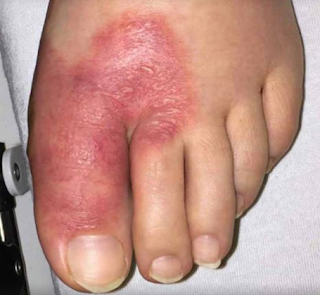 Did you know that people with intellectual disabilities (ID) get less, lower quality, and often, no health care? Furthermore, these are the very people who experience higher rates of preventable disease and are sufferers of chronic pain and premature death regardless of demographic population group.
Did you know that people with intellectual disabilities (ID) get less, lower quality, and often, no health care? Furthermore, these are the very people who experience higher rates of preventable disease and are sufferers of chronic pain and premature death regardless of demographic population group. Did you realise that 40% of the athletes in Special Olympics have untreated tooth decay, with 40% needing, but not having, corrective lenses and that 33% would fail a hearing test? There are a number of barriers to health equality for people with ID including their own restricted ability to communicate, and a lack of training and understanding among health professionals.
All too often this population are missed out of routine services commonly available including vaccinations and mammograms despite the fact that these are the very people who have to cope with additional difficulties including increased risk of bone fracture, earlier onset of Alzheimer’s and increased levels of obesity, yet these are the people currently getting the poorest levels of health care.
The Healthy Athletes programme, started by the Special Olympics, has provided free health screening and products to athletes for 15 years and is the largest public health organisation in the world for people with intellectual difficulties. As a result, through Healthy Athletes, more than 100,000 health care professionals have been trained to treat people with ID. The Healthy Athletes programme currently offers health screenings in a number of key areas with health expertise volunteers spanning the complete spectrum of medical disciplines.
Since 1997 Healthy Athletes has been delivering its services in a fun and welcoming environment where screenings allow athletes to be educated on healthy lifestyle choices whilst also identifying any problems that may need additional follow up.
I am delighted to have been selected to participate as part of the team who will be providing these screenings in Los Angeles this year. It’s a fantastic opportunity to gain invaluable insight to athletes with ID while being able to provide part of such a fantastic service.
